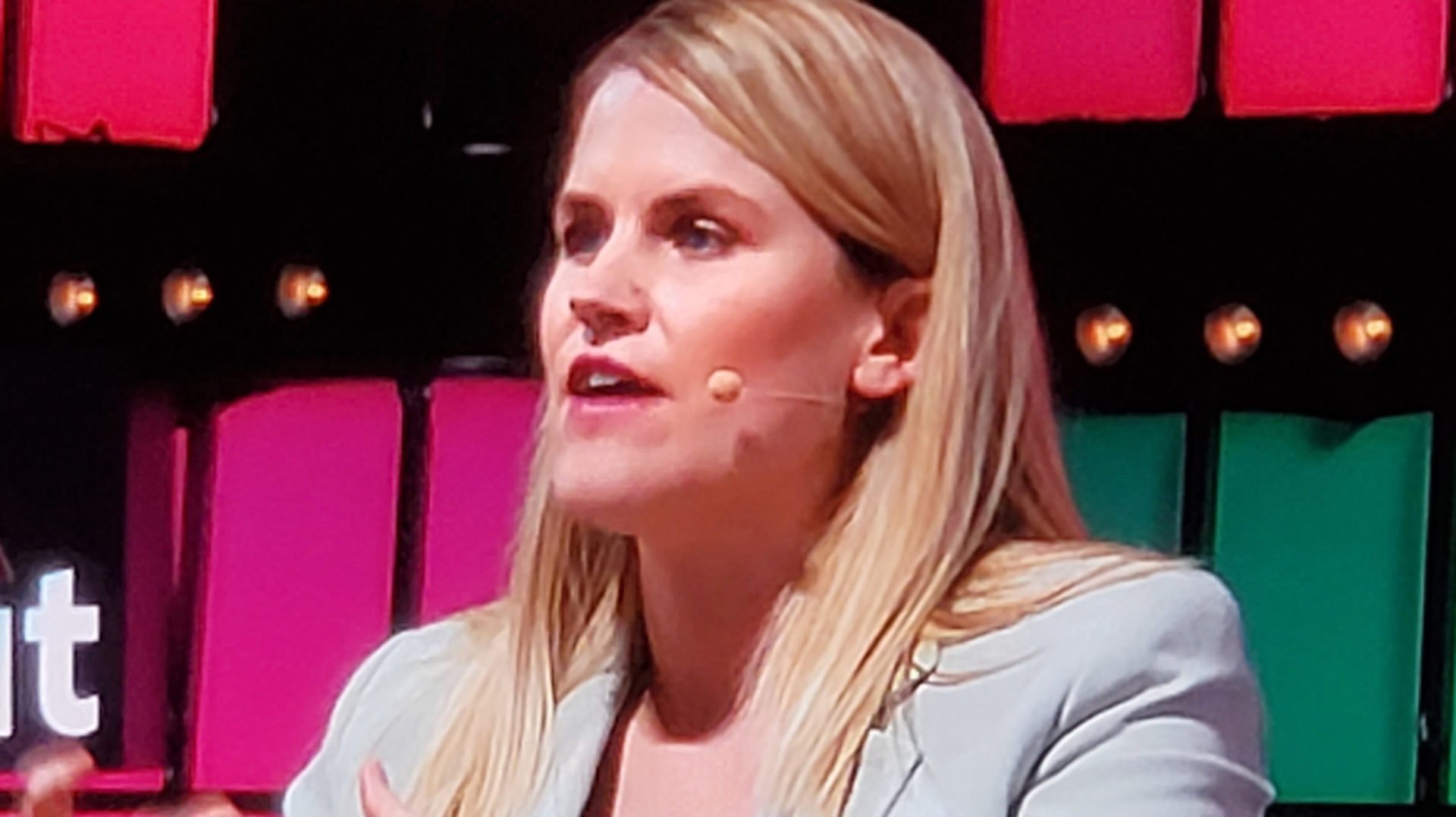This piece originally appeared in FIN, James Ledbetter’s fintech newsletter.
In 1970, American public television broadcast a searing documentary called Banks and the Poor. The film, written and directed by the crusading documentarian Morton Silverstein, criticized large banks—notably the Rockefeller-dominated Chase Manhattan Bank—for paying lip service to development in poor, minority neighborhoods, and also disclosed strong ties between the banking industry and members of Congress. (Back in the mid-’90s, when I needed to watch the film for research, I had to go to what was then called the Museum of Television and Radio; today, thanks to the miracle of the Internet, you can watch it online. Among other fascinating aspects of the documentary is that, even before it aired, it put the Nixon Administration on a war footing that ended up nearly killing national public television in its infancy.)
It’s striking and depressing how pertinent the film’s themes remain half a century later. One edgy passage uses a hidden camera to track a man applying for an $800 loan from Beneficial Finance, a once ubiquitous lender. The loan officer quotes him a payback plan that would cost $32 a month over 36 months, or a total of 44% more than the principal borrowed. The usurious rate is not the most outrageous part of the transaction; the film points out that Beneficial’s lending capital itself comes from big banks like Chase Manhattan, whose loan denial—based on perceived credit risk— to this would-be borrower is what drove him to Beneficial in the first place!

There has always been a risk that fintech could operate as a high-tech version of what Beneficial and others were doing half a century ago—and at least in terms of usurious rates, even worse. FIN, for example, has covered the “rent-a-bank” problem, in which fintech firms use their national reach to partner with banks to lend at a rate far higher than a given state’s laws permit. One of the most egregious operators in this space is Elevate Credit. Last year, the Attorney General of the District of Columbia filed suit against Elevate, charging that its partnership with two state-chartered banks to make loans to DC residents with interest rates that far exceed the District’s cap of 24%.
As University of Iowa law professor Christopher Odinet points out in a recent law review article on “predatory fintech,” one of the red flags from Elevate’s business that overlaps with payday lenders is the high incidence of loan rollovers. A 2014 study from the Consumer Finance Protection Board (CFPB) found that 4 out of 5 payday loans “rolled over” within 14 days. That is, the borrower, presumably unable to repay the original loan, borrows anew to close out the first loan (and will probably do the same when the second loan comes due). This is a recipe for a debt trap; the CFPB noted that “the majority of all payday loans are made to borrowers who renew their loans so many times that they end up paying more in fees than the amount of money they originally borrowed.” In the case of Elevate, at the end of 2018 something like 70% of the outstanding loans for one of its products at the end of 2018 were to repeat customers, who were paying on average an interest rate of 118%.
In a regulatory filing, Elevate said it “disagrees that it has violated the above referenced laws and regulations and it intends to vigorously defend its position.”
Such scenarios make consumer advocates anxious when they see news like this week’s disclosure that KMD Partners, the parent company of the high-cost digital lender Credit Ninja, is trying to buy a tiny bank in Utah. The obvious fear is that the combined company will use the bank connection to perform what Odinet calls “regulatory arbitrage,” the ability to continue operating predatory lending while getting around state laws that have tried to prohibit it. This seems especially probable because David Shorr, the cofounder and executive chairman of KMD Partners, is the former CEO of a payday lender now owned by Enova, a high-cost lender identified by advocates as a predatory lender.

What’s frustrating about these maneuvers is that, as clunky as the federal financial regulatory system is, the federal government has the authority to restrict much or all of these attempts to do an end run around payday loan caps. The CFPB, for example, has the ability to regulate nonbanks (such as fintech lenders) and prohibit unfair or deceptive practices. The Federal Deposit Insurance Corporation has the power to review KMD Partner’s proposed bank purchase, and could place tough conditions on the company in return for approval. And the federal government *could* do so much more. Earlier this year, the state of Illinois became the 18th state to cap payday lending rates (in its case, at 36%). There is no logical reason Congress couldn’t adopt some national version of this legislation. It is unlikely to do so, because too many of its members have been captured by the financial industry—which was precisely the point made by Banks and the Poor 50 years ago.
This piece originally appeared in FIN, James Ledbetter’s fintech newsletter. Ledbetter is Chief Content Officer of Clarim Media, which owns Techonomy.















